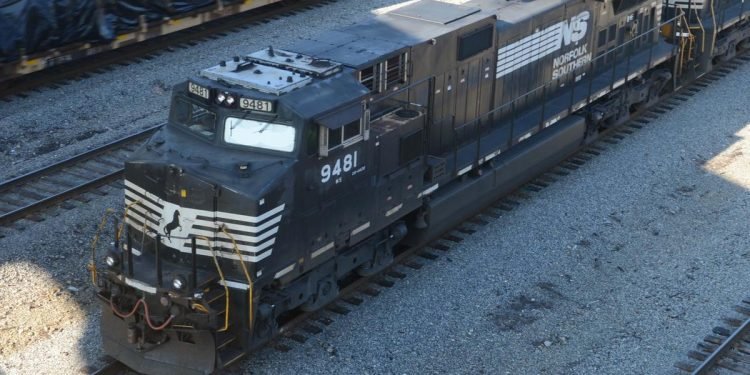New York, United States — September 12, 2025
Union Pacific is pressing its case for one of the largest rail mergers in U.S. history. Speaking to investors on Thursday, Chief Executive Jim Vena declared he was “confident” the company’s planned $85 billion merger with Norfolk Southern would clear regulators, calling the deal “a gain for the country.”
Why it matters
The combination would create the first true coast-to-coast freight operator in the United States, linking eastern and western networks under a single banner. Advocates point to promises of efficiency and productivity gains, while critics warn of reduced competition and higher prices on certain corridors.
The regulatory road
The case now sits with the Surface Transportation Board (STB), which received the filing in late July. A full review is expected to stretch into 2026, with a potential closing in 2027. Regulators are preparing for sworn testimony, public hearings, and possible remedies that could include track-sharing agreements or service guarantees.
Union Pacific has already suspended stock buybacks and booked merger-related costs, signaling its commitment to moving the process forward.
Market dynamics
Supporters of the merger argue that rival alliances already dominate key trade lanes, and that combining Union Pacific with Norfolk Southern would balance the competitive field rather than weaken it. Industry analysts note that the deal could force carriers across North America to reconsider their own partnerships.
What shippers need to know
-
Network reach: A single operator covering long east-west hauls with fewer interchanges.
-
Reliability: Regulators are likely to impose service benchmarks, potentially improving schedule discipline.
-
Rates: Synergies could lower some costs, but the final impact on surcharges will depend on competition and the STB’s conditions.
What comes next
Most observers expect the STB to demand concessions if it approves the merger. Those could involve divesting certain routes, guaranteeing Amtrak access, or placing strict reporting requirements on service performance. If granted, Union Pacific and Norfolk Southern would reshape U.S. rail freight for decades. If rejected, both carriers may need to return to smaller partnerships or seek alternative deals.























